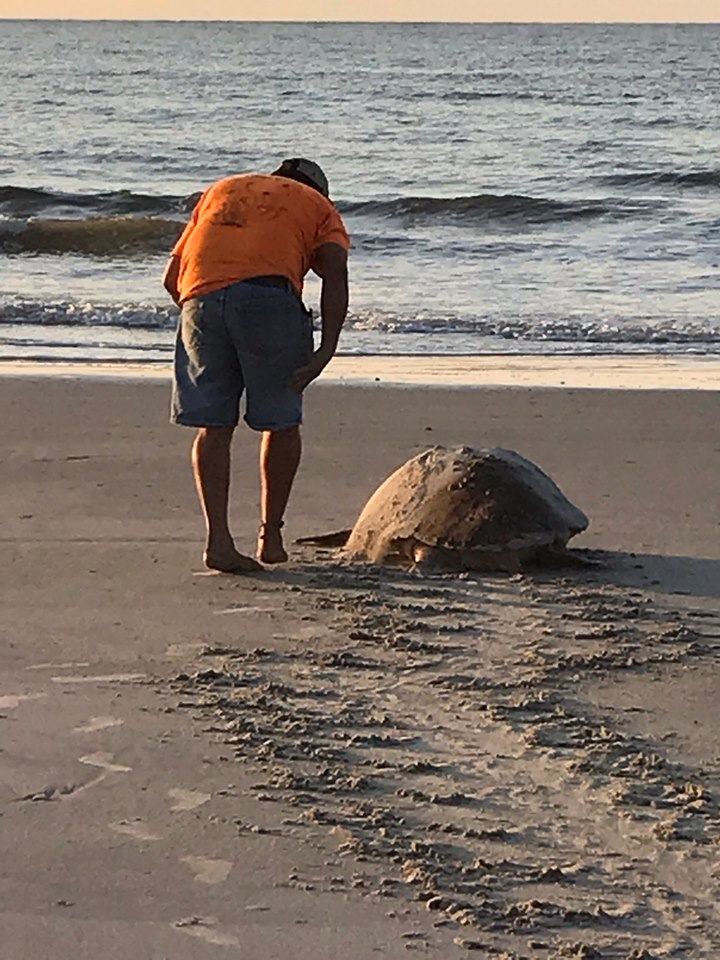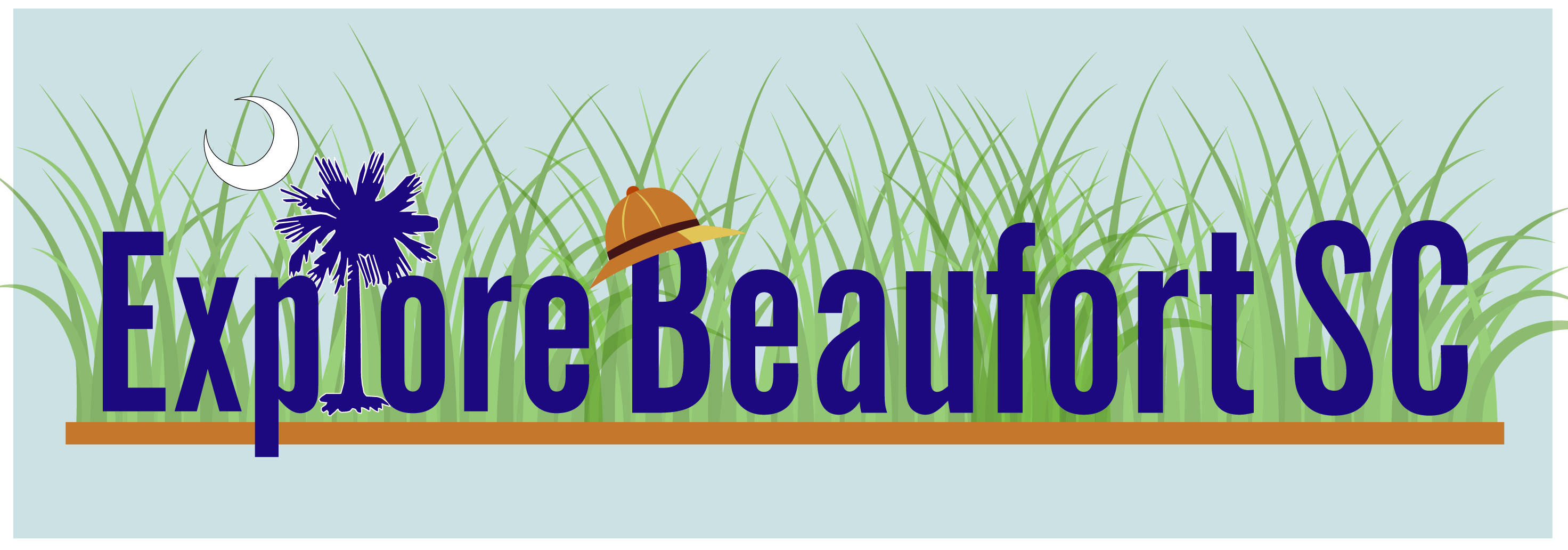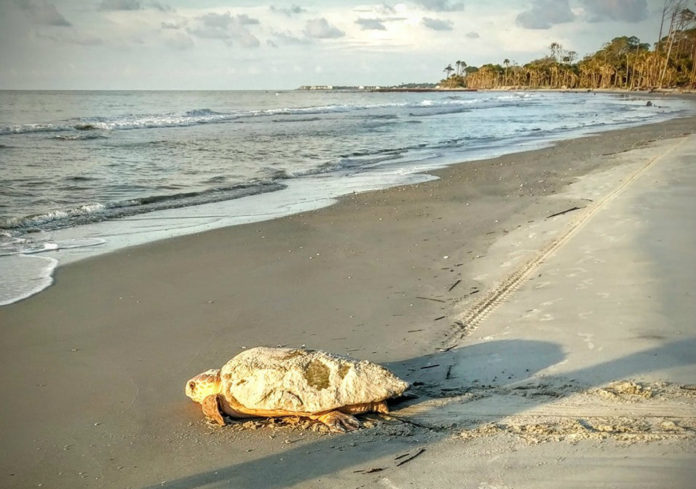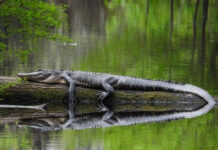It’s definitely turning out to be a record summer at Hunting Island beach when it comes to sea turtle nesting, and it’s not even over.
Friends of Hunting Island Sea Turtle Conservation Program has announced that the group has posted a record year in 2019 after marking the 145th nest on the island’s beacheson Thursday morning…more than doubling the total nests that were on the beach in 2018, when only 60 were recorded.
UPDATE: Hunting Island finished the nesting season with a record 153 sea turtle nests along the beach.
The former record of nests found on Hunting Island was 141, back in the 2016 sea turtle nesting season, which normally lasts from May through October.
It’s also estimated that there are nearly 10,000 sea turtle eggs incubating on the island’s beaches
Things are looking good for turtles at Hunting Island, but it’s not limited to just the State Park; beaches all over South Carolina are posting records this season according to the SCDNR.
The astonishing numbers
As of Thursday morning, a total of 8098 nests have been recorded on South Carolina beaches, with a total egg count of 341,529 across the state’s coast.
And that’s only the ones that have been recorded. It’s most likely lots more.
SCDNR oversees a network of volunteers who help staff count nests. Volunteers and staff from Hunting and Harbor islands have reported very high nest counts and beaches all over the Lowcountry and the rest of the state are reporting the same.

As of the 25th, Hunting Island State Park has seen 145 nests; Fripp Island has had 155; Daufuskie Island has seen 102; Edisto Beach State Park has had 340; Hilton Head has seen 442; Pritchards Island has seen 100 nests; and Harbor Island has enjoyed 92 nests so far this season.
Even little Coffin Point Beach on St. Helena Island has had a record year with 26 nests.
See baby turtles
If you want to get out and have a chance to possibly see baby turtles emerge from their nests on Hunting Island, join the turtle volunteers for a nest inventory. A nest inventory is conducted 72 hours after a nest has hatched, in order to determine its success. The nest is excavated and all contents are removed and documented.
Occasionally live hatchlings are found in the nest and released, so this is a good opportunity to possibly see live loggerhead hatchlings, although there is no guarantee. Visit this link to find out when public inventories are held.
“This has been a tremendous season so far, and we are grateful for our dedicated network of volunteers in South Carolina who make this large-scale conservation effort happen,” said biologist Michelle Pate, director of SCDNR’s sea turtle program.
The 2019 season began just four days earlier than usual with a nest laid on Hilton Head by a Kemp’s ridley, the world’s most endangered sea turtle.
The first hatch of the 2019 season occurred in Hilton Head on June 27th.
Sea Turtle Nesting Season Reminders
- Report all sick/injured/dead sea turtles and nest disturbances to the SCDNR at 1-800-922-5431 so that staff/volunteers can respond as soon as possible.
- Respect boating laws and boat cautiously, especially in small tidal creeks where sea turtles like to feed. Boat strikes have emerged as the leading cause of death for sea turtles in South Carolina.
- Keep artificial lights off the beach at night during nesting season – this includes beachfront property lights and flash photography, which can disorient nesting mothers and hatchlings.
- Always respect sea turtles by observing them from a distance on the beach. Individuals that violate federal law by harming or interfering with sea turtles or their nests can be subject to civil penalties of up to $25,000 and up to a year’s imprisonment.
- Keep our beaches and ocean clean by avoiding single-use plastics. Plastic bags and balloons are among the most common trash items found on South Carolina beaches and can cause injury or death when sea turtles mistake them for food.
- Promote and support the SCDNR program for continued conservation of sea turtles in South Carolina.











